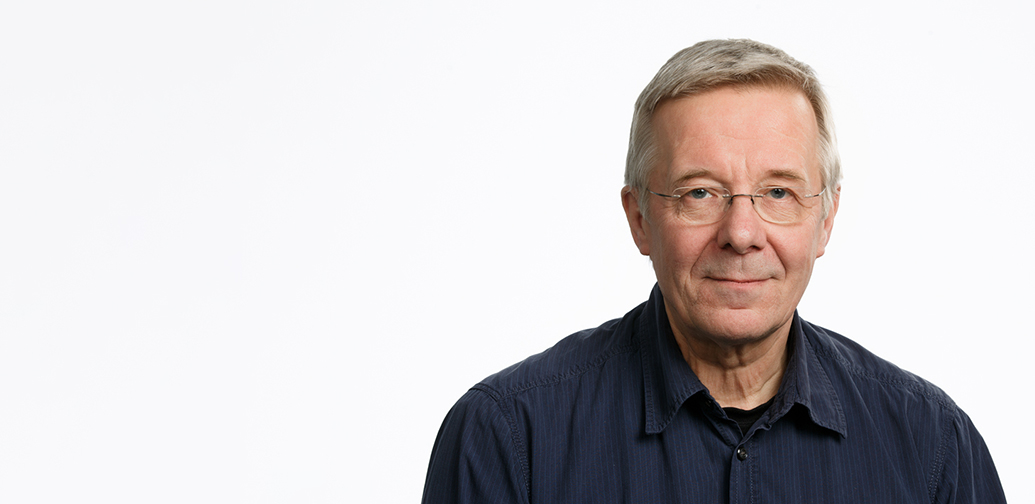Hannu Rintamäki on human factors and working conditions in the Arctic region
6th of March 2017

Course leader presentation: Hannu Rintamäki
Human Factors in Arctic Work, 16th – 18th of May 2017, Lapland Hotel Riekonlinna, Saariselkä, Finland
1. What is your background? A short presentation of yourself.
I am a thermal physiologist, interested in physiological responses and physical performance in cold and hot environments, with special interest in radiative, convective (wind) and conductive (contact) cooling, metabolic responses, musculoskeletal problems, adaptation to cold and cold protection in different occupations by clothing, exercise and personal heaters. I have studied human physiological functions both in the controlled conditions in the climatic chambers and in the field for ca. 30 year. I am also chairman of Thermal Factors Scientific committee in ICOH (International Commission on Occupational Health) and I am taking part in the development of standards for thermal environments in ISO (International Organization for Standardization).
2. Why do think that human factors in arctic work is an important and current issue to discuss in 2017?
The international, political and economic significance of the Arctic region keeps growing. This interest creates opportunities for the region but also challenges. Although global warming is faster in the Arctic than in most of the rest of the world, Arctic is, and will remain cold from a human point of view. The thermoneutral temperature for humans is much above the ambient temperatures usually prevailing in the Arctic, even during summer time. Therefore we should know the consequences of cold exposures and how to systematically prevent the negative effects of cooling. Especially important is to prevent the impairment of working capacity in its all forms. By that way we can increase well-being and productivity and decrease the risk of accidents in harsh conditions. When we are able to sustain working capacity, the risk of cold injuries is also minimized.
3. Your greetings to the participants of the course.
Welcome to learn more about the basic question: how we, with the tropical background in our physiology, are able to cope with the combination of variable challenges of Arctic climate and Arctic occupations! Occupational health and safety and well-being at work require special attention in demanding Arctic working environments, which are affected by universal changes in working life and climate change.
More information: Course web page
Registration: Course registration
Last registration date: 30th of March 2017
